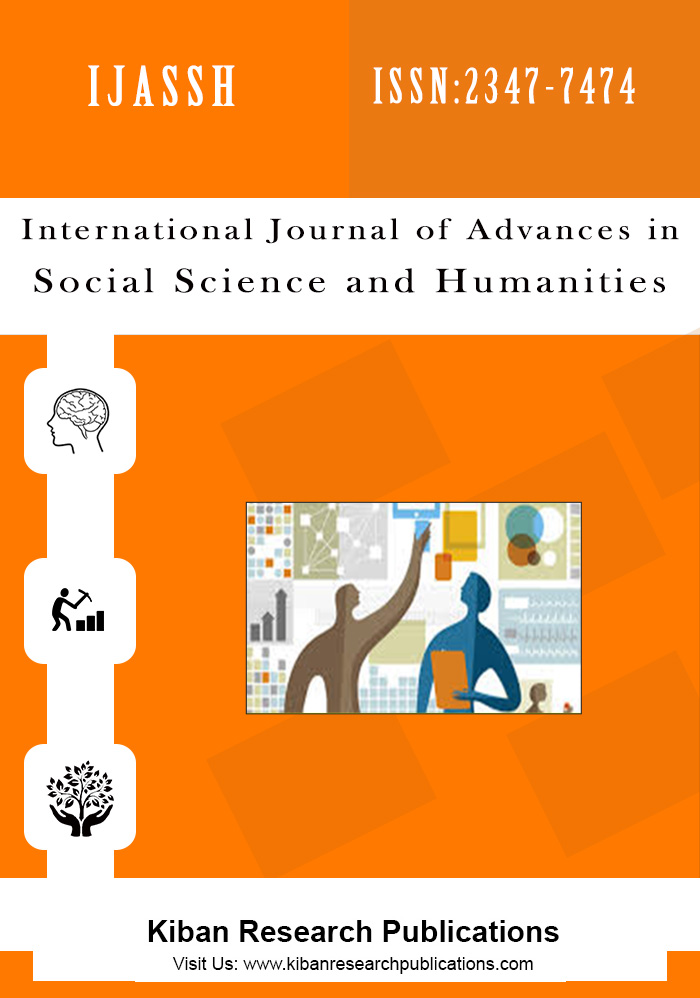Paid Work as an Originator of Daily Routine
Abstract
Paid work is assumed to have a latent function of creating regular activity. This contribution investigates whether this regularity creating mechanism of paid work passes over to other activities as well. We introduce an indicator of daily routine that allows us to express what percentage of time spent on different activities is done so every day at the exact same moment of time. When comparing the results for full-time employed (n=695) and non-working (n=971) samples for the workweek (Monday to Friday) we find that the former have a significant higher percentage of daily routine that is mainly due to the regularity of paid work. As a result, this surplus of routine is found mainly during daytime, the period of the day that, vice versa, is the least routineous for the non-working. On the other hand, only activities directly related to paid work (i.e. personal care and travel) are done more routineous by the full-time employed compared to the non-working sample. The opposite holds for all other activities.
Keywords: Daily routine, Time-use, Paid work, Regularity.




